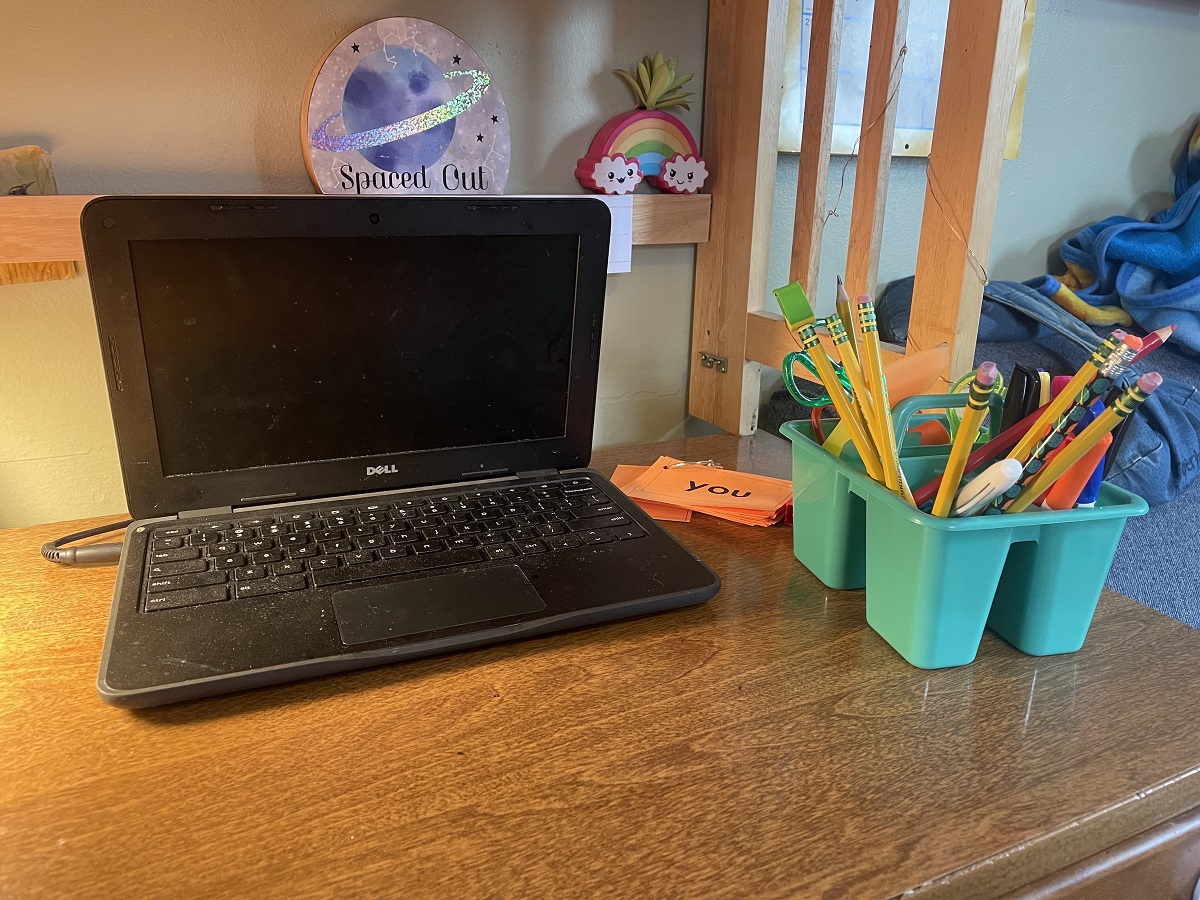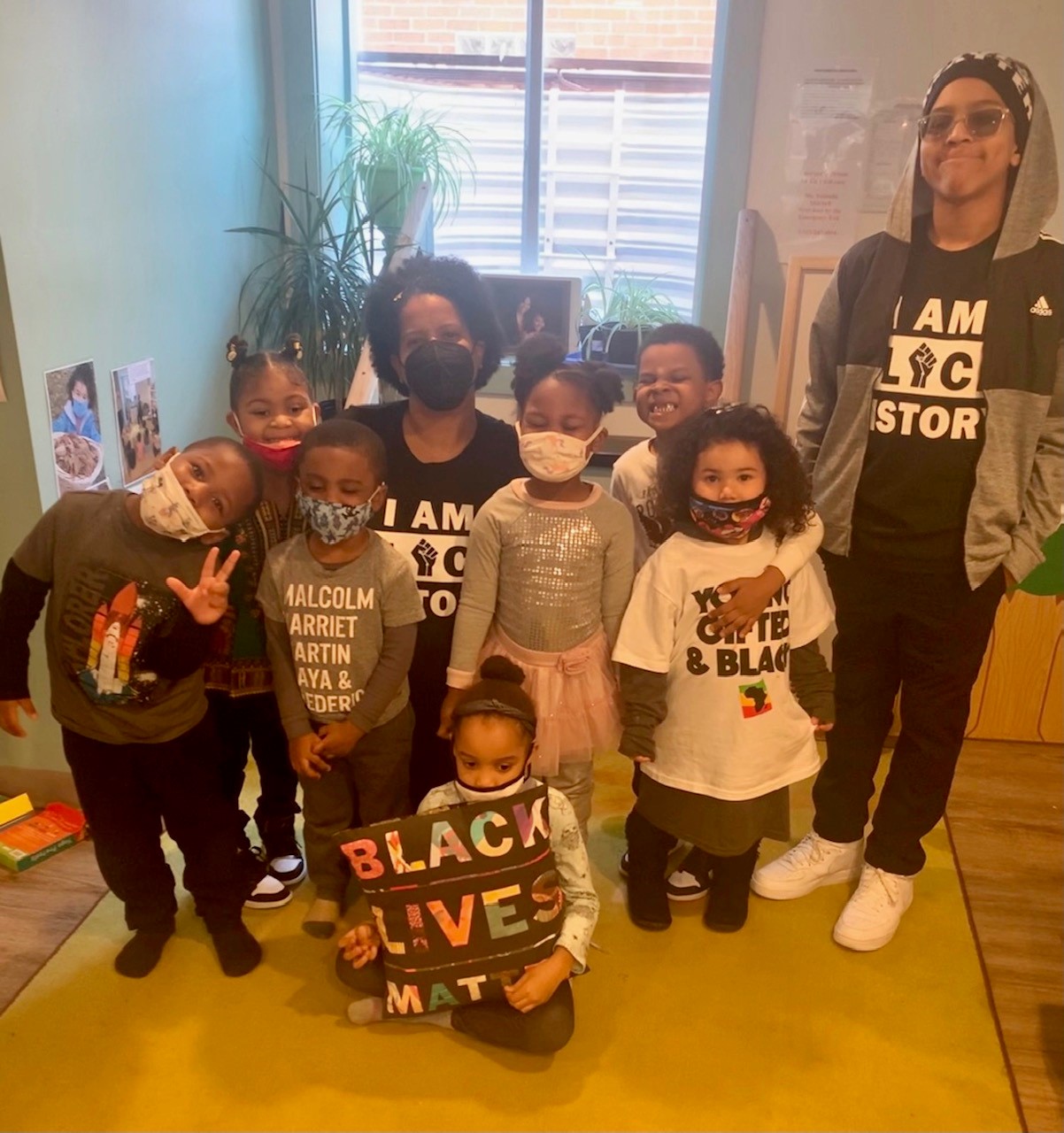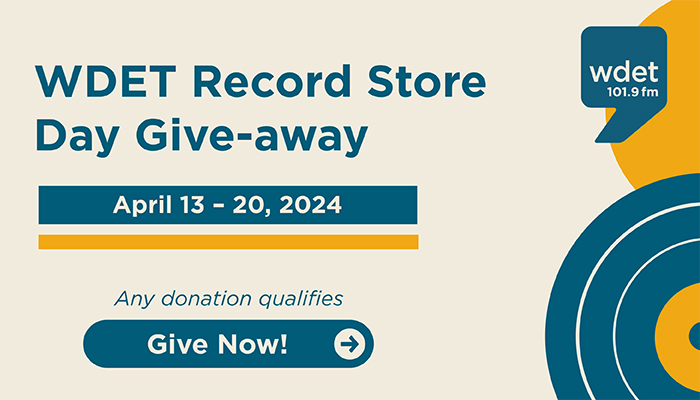Detroit Organizations Create “Hubs” To Serve Students Learning Outside of School
The community collaboration aims to provide parents and providers support in a variety of pandemic-era learning situations.

Felicia Legardy started her first day care 25 years ago. Just as K-12 schools closed last spring because of the coronavirus, Legardy got COVID-19 and had to weather it without medical insurance. Her day care was closed during that time and when she reopened it, parents couldn’t pay.
Legardy says nearly all of the parents she serves are low-wage essential workers.
“They work at restaurants, they do home care, nursing, retail,” Legardy says. “Hours was cut. Sometimes restaurants will shut down. So they didn’t have the funding.”
“Families are able to use that subsidy to place their children with providers. And those providers are able to help defray some of that cost by using the state’s child care subsidy.” — Jeffrey Miles, United Way
And, those parents needed more from Legardy because with schools closed essential workers didn’t have anywhere to send their older kids. Legardy — like many providers — took care of some preschool and school-aged children for awhile without being paid at all.
Several organizations have come together to create “hubs” to make sure businesses like Legardy’s can get paid for caring for children while schools are closed during the pandemic. They are also offering a comprehensive set of services to parents looking for high quality child care for kids up to age 12.
Partners include the Detroit Soars Childcare Scholarship Program, Black Family Development Incorporated, the Community Education Commission, Everybody Ready, Hope Starts Here and the United Way for Southeastern Michigan.
Listen: How community organizations are collaborating to help parents and providers during the pandemic.
The project extends a program that offers tuition assistance to the city’s preschool parents to include school-aged children. It covers families who are eligible for the state’s child care subsidy or for free or reduced school lunches.
Jeffrey Miles, the senior director of the Center for Early Childhood Excellence at the United Way, says parents are offered support in a variety of pandemic-era schooling situations.
“If their school is fully virtual, or if they have a hybrid where they’re in person some days and virtual the other, or if their schools closed temporarily, because of an outbreak or really any reason families are able to use that subsidy to place their children with providers,” Miles says. “And those providers are able to help defray some of that cost by using the state’s child care subsidy.”

Hope Starts Here’s Denise Smith says the hubs can help parents find high-quality child care and handle other issues that have been exacerbated by the pandemic.
“We also were able to find out in talking to families, that it wasn’t just a matter of me not having access to a school,” Smith says. “I may not have access to a program because I don’t have transportation or my lights are off or any of these other basic needs that weren’t being supported in a way that allow for that child to be engaged in school.”
That kind of support for school-aged children learning outside of the school building is expected to continue at least through the end of this school year — perhaps into the next.
Detroit’s public schools – like many districts around the state – expanded its in-person offerings this month. Officials estimate around 10% of their students are taking some classes in person. The district says another 19,000 would like to return to school but can’t because not enough staff are ready to return.
For more information about about virtual learning hubs, visit the Community Education Commission.
Trusted, accurate, up-to-date
WDET is here to keep you informed on essential information, news and resources related to COVID-19.
This is a stressful, insecure time for many. So it’s more important than ever for you, our listeners and readers, who are able to donate to keep supporting WDET’s mission. Please make a gift today.

